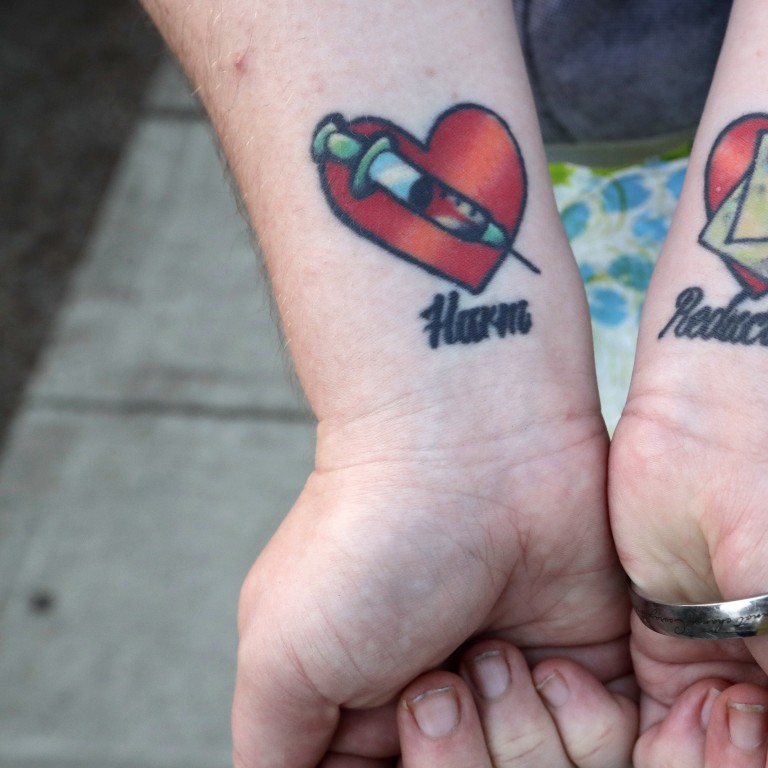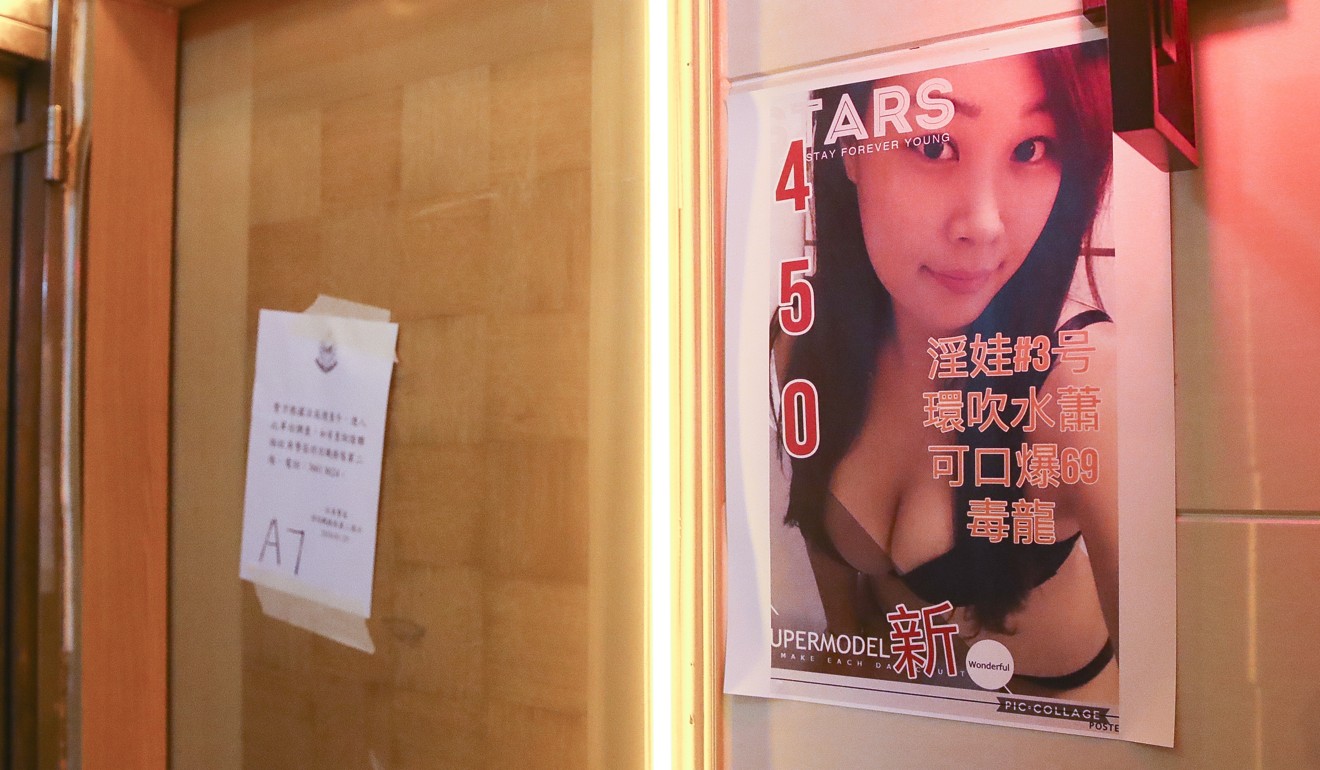
Robert Kraft arrest: should prostitution be legal? The Patriots owner and the moral complexities of paying for sex
- The New England Patriots owner was arrested and charged in a prostitution sting in the US. While many have condemned his actions and prostitution’s ties to sex trafficking, some are calling for a rethink of the larger issue at hand
Society’s ethical compass has a way of shifting fault lines on major issues.
Take the war on drugs. A decade ago, popular opinion was that stern enforcement was the answer. Most people were vehemently against legalisation and even decriminalisation of any type of illegal substance, including marijuana. Fast forward to 2019 and a sea change has taken place.
The International Drug Policy Consortium (IDPC) last October urged the United Nations to seriously rethink its strategy on drugs, saying the sale, use, criminal trafficking and associated deaths have risen, not fallen, in the past decade, largely due to current policies of enforcement over harm reduction. The IDPC called the war on drugs a lost cause and, essentially, a “war on the poor”.
The same tide has turned when it comes to gay marriage. Nearly 30 countries have now legalised civil unions for homosexuals, with many more mulling their options, which is more than triple the number it was a decade ago.
Which brings us to another complex issue: prostitution.

Now, sex trafficking is horrible and should not be tolerated, but prostitution – consensual sexual activity that involves payment – is a whole other conundrum.
The fact that Kraft could have hopped on his private jet, taken a four-hour flight west to Nevada and legally paid for sexual acts, as it is permissible under the law in some counties outside the main cities, adds an odd layer to this story.
Advanced societies such as Germany, New Zealand and Switzerland all have installed some form of legal prostitution in various areas, and are not sex-crazed cesspools of debauchery because of it. In fact, studies on these countries have shown that legal, regulated prostitution can have a number of benefits, including a decrease in sexually transmitted infections, Aids, drug use, crime, sexual assault, and it also tends to wipe out illegal sex trafficking networks.
Also, contrary to widespread beliefs, prostitution does not rise dramatically if legal; rather, it tends to stay at about the same rate, regardless of where it falls under the law’s eyes.

It’s known as the world’s oldest profession for a reason: prostitution has been around since the dawn of civilisation, dating back to 2400BC. There are tens of millions of sex workers and the industry is valued in the billions. It’s not going anywhere because it’s always been a part of our society.
The problem is when left to the criminal underbelly, sex workers, who are predominately women, become heavily victimised.
Choosing enforcement of archaic laws over progressive harm reduction means the system keeps them on the fringes. In jurisdictions where prostitution is legal, sex workers have rights and are governed by labour laws, entitling them to counselling, regular testing for diseases, medical benefits and even pension plans in some cases. Plus, they are safer – the importance of which cannot be overstated.
The biggest benefit to legalisation is sucking the life out of the sex traffickers and weeding out the shady pimps and low-lifes who prey on women and deserve nothing but four walls of a cell.

Hong Kong, like many other jurisdictions, has complicated laws that do nothing to help anyone but criminals. It is technically legal, but surrounded by laws that essentially make it illegal. How’s that for confusing?
Much like drugs and homosexuality, prostitution is here to stay, but we seem against getting used to it. The idea that a police crackdown can somehow wipe it out, or even curb it, is misguided and ultimately harmful to everyone involved, apart from the criminals who make money off it.
Leaving the industry in the hands of criminals and the black market only perpetuates violence against women and the degradation of sex workers.
Sex trafficking is wrong, but is paying for sex like Kraft did really the unforgivable sin we make it out to be, and should it be treated as such?
Maybe it’s time for a sea change.
Patrick Blennerhassett is a sports reporter at the Post

